The content marketing landscape is in a constant state of transformation, shaped by rapidly changing consumer behaviors and preferences. As we approach 2024, several significant trends are emerging that organizations must be aware of to effectively engage their audiences.
A hallmark of this evolution is the increasing reliance on digital channels, underpinned by the integration of emerging technologies such as artificial intelligence (AI) and automation in content creation and distribution.
Consumers today are inundated with information, leading to an expectation for content that is not only engaging but highly relevant and personalized. The shift towards more personalized content is indicative of a broader trend in consumer behavior; audiences are seeking interactions that resonate with their individual needs and preferences. In 2024, brands must recognize that generic content strategies are no longer sufficient. Instead, successful campaigns will hinge on understanding and analyzing audience data to craft tailored experiences that foster deeper connections.
Read More: Maximizing ROI with Paid Advertising: Best Practices for PPC Campaigns
Moreover, the role of emerging technologies cannot be overstated. Tools powered by AI are revolutionizing how content is created, allowing for the generation of data-driven insights that inform strategic decisions. Automation is streamlining processes, providing marketers with the ability to deliver timely, targeted content across various platforms with minimal human intervention. This presents an opportunity for brands to maintain a consistent presence while effectively responding to consumer demands.
As the content marketing landscape continues to evolve, adapting to the shifting expectations of consumers is vital. Brands that prioritize authenticity, personalization, and relevance will be well-positioned to not only engage their audience but also cultivate lasting relationships. Ultimately, navigating these trends will require a proactive approach to content strategy that embraces innovation while remaining attuned to consumer needs.
Key Content Marketing Strategies for 2024
As we enter 2024, businesses must refine their content marketing strategies to effectively engage their target audience and drive conversions. One of the most critical approaches is leveraging data analytics to create targeted content. By analyzing user behavior, preferences, and interactions, marketers can customize their messaging to meet the specific needs of their audience. Advanced analytics tools allow companies to segment their audience accurately, ensuring that each piece of content resonates with the right demographic, ultimately enhancing engagement and improving conversion rates.
Recommended: Top 10 Reasons Why Your Business Should Interpret the Business Purpose
Another strategy that will gain prominence in 2024 is the development of interactive and immersive content experiences. As consumers increasingly seek engaging and memorable interactions, brands can use formats such as quizzes, polls, augmented reality, and virtual reality to capture attention and encourage participation. This not only keeps the audience entertained but also fosters a deeper connection between the brand and its customers. By incorporating these interactive elements, organizations can enhance the overall user experience and make their content more shareable.
Video marketing continues to rise in popularity as an essential component of content marketing strategies. With short-form videos dominating social media platforms, businesses need to adopt a video-first approach in 2024. Crafting compelling video content that communicates brand values and products effectively will be crucial for captivating audiences. Furthermore, live streaming offers a unique opportunity for brands to interact with their customers in real time, fostering authenticity and immediacy in communication.
Additionally, the significance of user-generated content (UGC) and community engagement cannot be overlooked. Encouraging customers to share their experiences with a brand fosters trust and authenticity. UGC not only acts as powerful social proof but also strengthens brand loyalty by empowering customers to participate in the narrative. By prioritizing these elements in their content marketing strategies, businesses can create a more inclusive and engaging environment that resonates with their audience.
Leveraging Technology in Content Marketing
As we look toward 2024, technologies that drive content marketing are evolving at an unprecedented pace. At the forefront of this transformation are AI-driven content creation tools. These innovative instruments harness artificial intelligence to generate high-quality written material. Brands can leverage these tools to not only streamline the content development process but also to personalize content for diverse audiences effectively. By incorporating AI into their strategies, marketers can enhance their ability to reach specific demographics with tailored messages.
Get Started: Digital Literacy and Microsoft Office Mastery: A Comprehensive Introduction to Technology
Another key aspect of technological advancement in content marketing is the evolution of search engine optimization (SEO). In 2024, SEO algorithms are anticipated to further refine their focus on user experience and content relevance. This shift necessitates a strategic adaptation of content marketing tactics. Continual monitoring of SEO trends, including voice search optimization and mobile-first indexing, will allow marketers to enhance visibility and improve organic reach. Thus, integrating SEO analytics and insights is essential for successful campaigns.
Automation for content distribution is yet another critical technology driving efficiency in content marketing. With the abundance of platforms available, marketers benefit significantly from tools that automate posting and scheduling content across multiple channels. This not only reduces the manual workload but also ensures that content is disseminated at optimal times for maximum engagement. Moreover, these automation tools often come with analytics features to track performance comprehensively, further allowing marketers to adjust their tactics in real-time.
To maximize the advantages offered by these technological innovations, organizations must integrate marketing technologies seamlessly with their existing content strategies. By fostering a collaborative relationship between traditional marketing practices and modern tech tools, businesses can significantly enhance productivity and audience engagement, paving the way for a successful content marketing landscape in 2024.
Measuring Success: Metrics and KPIs for 2024
As content marketing continues to evolve, the importance of tracking success through specific metrics and key performance indicators (KPIs) cannot be overstated. For marketers aiming to refine their strategies in 2024, it is essential to adopt both quantitative and qualitative approaches to measurement. Quantitative metrics, such as engagement rates, provide clear, data-driven insights into how effectively content resonates with the audience. Engagement metrics can include likes, shares, comments, and time spent on page. These indicators not only reflect user interest but also highlight the overall effectiveness of the content strategy.
Conversion tracking is another crucial component in evaluating the effectiveness of a content marketing campaign. By monitoring how many users take a predetermined action—be it signing up for a newsletter, making a purchase, or downloading a resource—marketers can assess the direct impact of their content on business objectives. The conversion rate can be improved by strategically incorporating calls to action (CTAs) within the content, guiding the audience toward desired outcomes.
Return on investment (ROI) remains a pivotal metric when measuring the success of content marketing. Calculating ROI involves comparing the revenue generated from content efforts to the costs incurred in producing and distributing those materials. A positive ROI demonstrates that the content marketing strategy delivers tangible value to the organization, justifying further investment in this area.
Learn More: University || GWC Tech School Africa
Moreover, emerging analytics tools are enhancing the ability of marketers to gain deeper insights into audience behavior and content performance. Platforms utilizing artificial intelligence (AI) can analyze vast amounts of data to identify trends and provide personalized content recommendations. These tools aid marketers in making informed decisions, allowing for adjustments to campaigns that align closely with audience preferences.
In conclusion, tracking the right metrics and KPIs is vital for understanding the efficacy of content marketing in 2024. By focusing on engagement rates, conversion tracking, and ROI, along with leveraging new analytical tools, businesses can ensure their content strategies are aligned with both audience needs and organizational goals.


